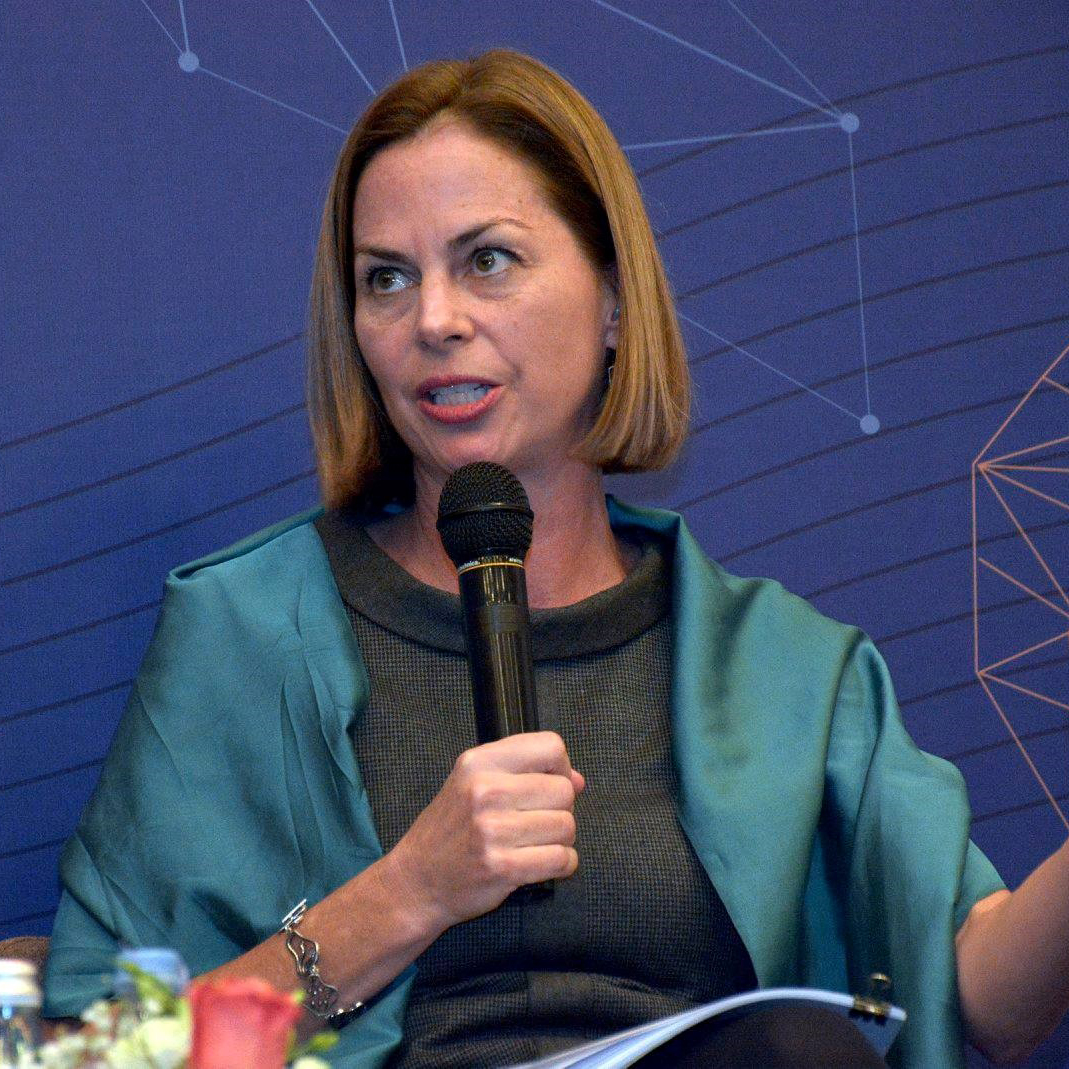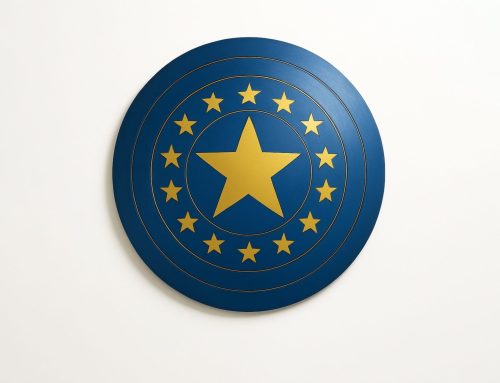Introduction
Democratic backsliding in old, new, rich, and poor democracies has accelerated, as International IDEA, Freedom House, the Economist Intelligence Unit, and Varieties of Democracy (V-DEM) have all studied. Yet they have been slow to respond to the threat by innovating and evolving. Established democracies, such as the United States, are often even more painfully wedded to centuries-old practices that are not fit for purpose today. It is time for a new wave of democracy, rethinking orthodoxy and experimenting with new approaches, innovating, and taking risks, which, fortunately, is already happening in some places that can serve as examples to inspire others.
Analysts offer many explanations for democracy’s decline. It has failed to deliver equitable economic growth, represent citizens’ needs adequately, and provide equal justice. Publics in democratic nations worldwide increasingly believe that their governing systems favor elites with financial power through overt corruption or legal influence avenues (e.g., lobbying and political action committees). These publics consequently exhibit rising distrust of government and perceive politicians and political parties, gatekeepers to power, as self-interested and unrepresentative. That most party officials and candidates are old, male, rich, and from a dominant ethnic and religious group compounds the problem. In many countries, candidate selection is determined purely by an individual’s donations to a party, not by a competitive contest of ideas and policy on a level playing field. It is not surprising that citizens are unhappy with their representatives and democracy.
Cultural divisions and polarization on traditional-values issues, such as those relevant to women’s rights, immigration, the LGBTQ+ community, and the role of religion, also challenge democracy. Many see cultural changes as threats to hierarchies of power and gravitate toward the transgressive political leader. Tapping into these cleavages, malign forces internally and externally propose alternative governance models. Right-wing authoritarianism is increasing in many countries, with citizens embracing the view that having a strong leader willing to “fight” is more important than protecting individual rights and democratic principles. Fear—of others, change, and difference—makes the simple solutions that illiberal populists promise alluring. Rising domestic authoritarians also have external support, forming alliances and receiving financing from foreign actors aiming to degrade democracy worldwide.
This trajectory has taken easy root in many third-wave democracies, which were often established on a model of governance emphasizing majoritarianism and electoral democracy over liberalism and constitutional protection of freedoms and rights. Leaders such as Hungarian Prime Minister Viktor Orbán have embraced so-called “illiberal democracy” to maintain power. But this term is an oxymoron as illiberalism has allowed Orbán, and leaders like him, to chip away at the very fundamentals of democracy such as checks and balances and constitutional protections for free speech, minorities, and the media.
Fueling these challenges, false narratives and lies, that divide democratic societies, erode trust in their institutions, and prop up autocrats, pollute information spaces, pushing people into tribal information bubbles. Online disinformation has exploded as independent media shrinks, particularly at the local level. While an old phenomenon, information disorder is lubricated by cheap, fast, and universal online access.
To make democracy work and build back public trust, it is time for innovation—rethinking rigid adherence to political party representation, challenging elite decision-making, and puncturing polarization and information disorder. Majorities support reform and believe significant social change is needed. Some communities are already experimenting with alternative models of governance, and groups such as DemocracyNext, the Deliberative Democracy Consortium, and the Organisation for Economic Co-operation and Development (OECD) have developed guidelines, tools, and resources to enhance citizen participation. The European Observatory of Online Hate is conducting a two-year study on the dynamics of online hate, disinformation, and the connections among perpetrators and their influence. Spotlight: Polarization | EU RAN conducts research on polarization and provides an overview of EU member-state efforts to combat it. GMF Cities highlights efforts of communities worldwide to strengthen democracy.
This paper showcases several case studies of innovation in representation, public participation, citizen oversight, preemptive information operations, and depolarization that can help bolster democratic fundamentals.





